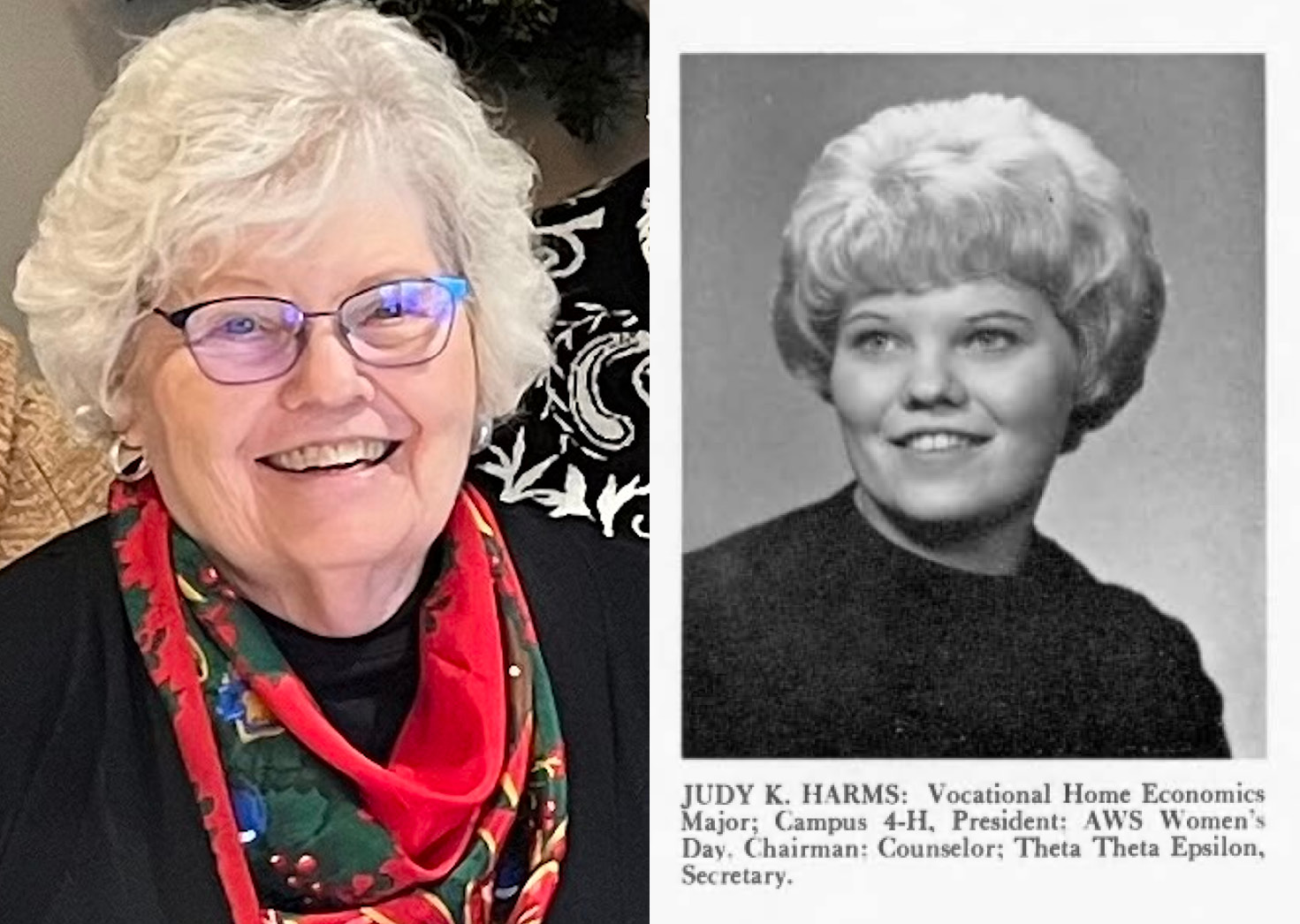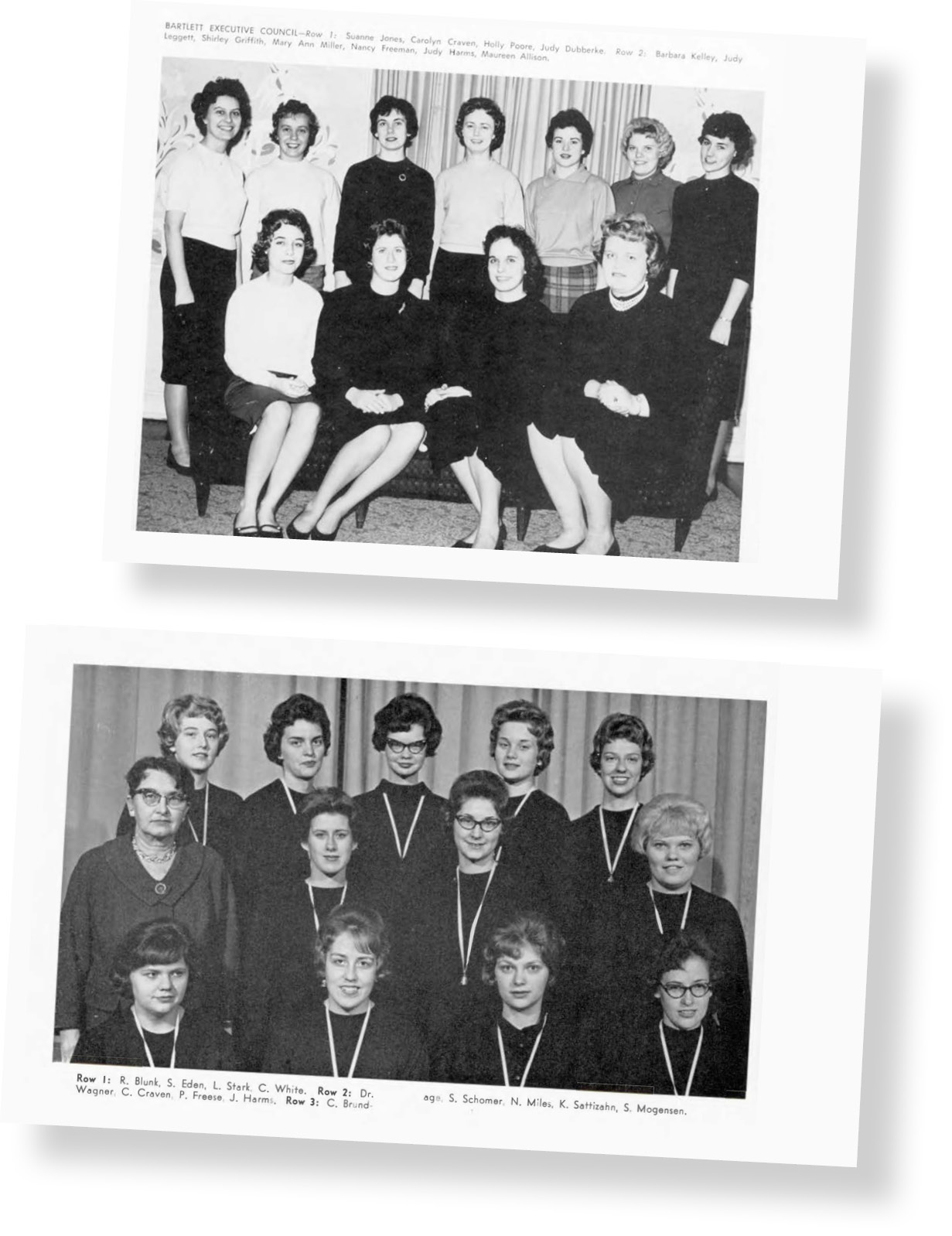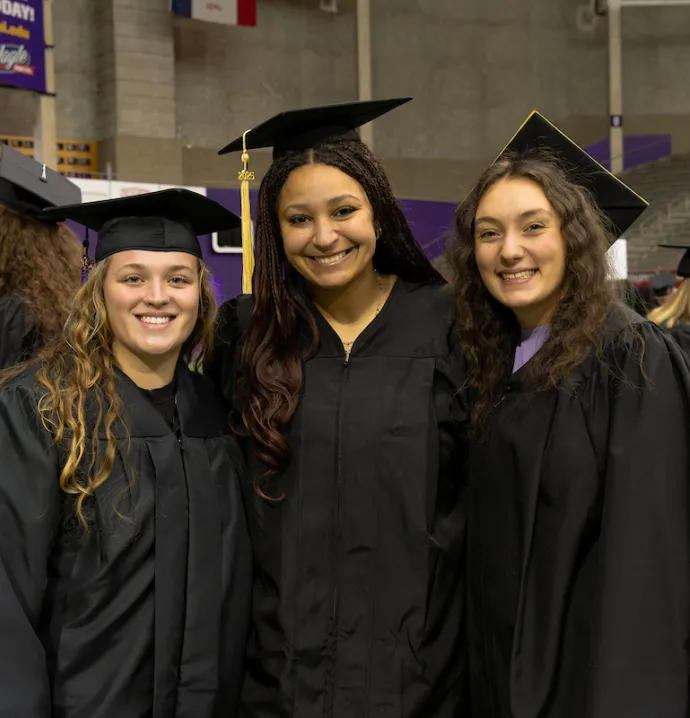A Legacy in Learning
A Legacy in Learning
 When Judy Nissen, ’63, packed her bags to head to UNI from her tiny hometown of George, Iowa, her dad told her he wished he could come with her. He desperately wanted to attend college, but it wasn’t an option — he was needed on the family farm.
When Judy Nissen, ’63, packed her bags to head to UNI from her tiny hometown of George, Iowa, her dad told her he wished he could come with her. He desperately wanted to attend college, but it wasn’t an option — he was needed on the family farm.
Because of this, Nissen never took for granted the opportunity to earn a college degree.
Decades later, she’s paying it forward with a $500,000 commitment to establish the Judy K. Nissen Endowed Fellowship. This fellowship provides support for one or more faculty members in the College of Social and Behavioral Sciences each year, allowing them to pursue their scholarly interests while engaging students in their work.
Nissen Fellows may use the endowment’s proceeds to support professional development and scholarly activity, enhance curriculum innovation and contribute to the scholarship of teaching and learning publications or other relevant outputs.
In addition to the fellowship, Nissen established the Judy K. Nissen Endowed Scholarship in 2016 for students in the Department of Family, Aging and Counseling who are completing internships. She has also created multiple other scholarships and funds at various institutions.
One of Nissen’s greatest motivations for giving is her daughters, who were just 13 and 15 when they were killed in a car accident. Searching for purpose after their passing, she devoted herself to making a difference in others’ lives through education. She also hopes to carry on their legacy by giving back.
“I thought if there was some way I could make my mark on society in an area that I firmly believed in, which is education, and I really like to give preference to females as far as scholarships, that’s one way I can leave my mark on the lives of others,” she says.
 While Nissen’s life has been marked by tragedy — she has also lost two of her husbands — education has remained a constant source of strength. Having worked in multiple higher education leadership roles, she knows that resources to support faculty are often lacking, despite the lasting impact faculty members have on students.
While Nissen’s life has been marked by tragedy — she has also lost two of her husbands — education has remained a constant source of strength. Having worked in multiple higher education leadership roles, she knows that resources to support faculty are often lacking, despite the lasting impact faculty members have on students.
“Judy understands the monumental impact that faculty have on students and how their scholarly endeavors contribute to their fields as new ideas and questions are explored,” says Brenda Bass, dean of the College of Social and Behavioral Sciences. “She knew that supporting our faculty would translate to better educational experiences for our students.
“Judy exemplifies someone who is a lifelong learner and who has sought ways to ‘pay it forward’ through supporting endeavors that provide opportunities for people, especially in the realm of pursuing educational goals. Her generosity has positively impacted so many people, across many walks of life. And she is a fascinating person, having lived life to the fullest.”
Nissen’s desire to give back to UNI is rooted in her own experiences at the university. In 1960, she made the 250-mile journey to Cedar Falls and began her college education as a math major with the goal of becoming a teacher. Though she excelled in her math courses, she realized the field wasn’t the right fit. After speaking with her advisor, she took a few home economics courses. Having been active in 4-H and even bringing her sewing machine to her dorm, she quickly discovered her passion and switched her major to vocational home economics.
The department felt like a family, and Nissen thrived.
She attended UNI with the help of a tuition aid grant, which covered her tuition, leaving her responsible only for room and board. To pay for it, she worked in the campus cafeteria, starting her day at 4:30 a.m. One of her tasks was filling pie crusts — a job the baker assigned her because she was especially skilled at ensuring there was enough filling for each pie.
Nissen earned her four-year degree in 1963 after just three years. Over the next 14 years, she taught in Fort Dodge, Sioux City and Le Mars, as well as in Seoul, South Korea, through the Department of Defense.
“That vocational home economics degree served me very well,” Nissen says.
She was deeply influenced by her professors at UNI and again later in life when she pursued her doctorate at age 45. At the time, she wanted to work in a college environment and knew a Ph.D. would be helpful in getting her there. She set a timeline of five years to complete her doctorate and successfully finished at age 49.
“The faculty didn’t make my life easier, because you have to do the work,” Nissen says. “There’s no shortcut. But they were such good encouragers, and they have had such a positive impact on me.”
Her career extended beyond teaching, leading her to roles such as directing the adult learners program at Marshalltown Community College, becoming the first woman in a leadership position at a community college in Sidney, Nebraska, and serving as the first director for the Center for Public Higher Education in Sioux Falls.
Nissen understands the importance of supporting faculty because they play a profound role in students’ lives. Through the Nissen Fellowship, she hopes faculty receive the recognition they deserve.




